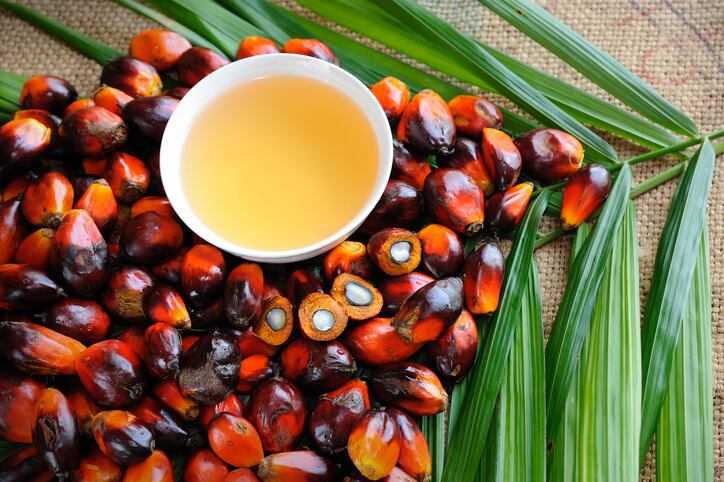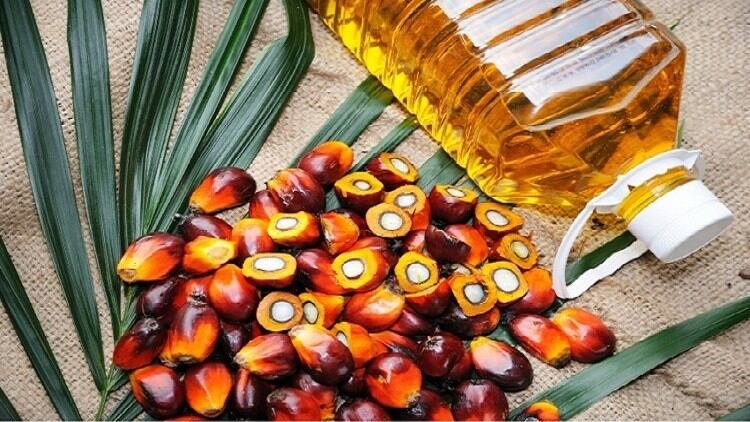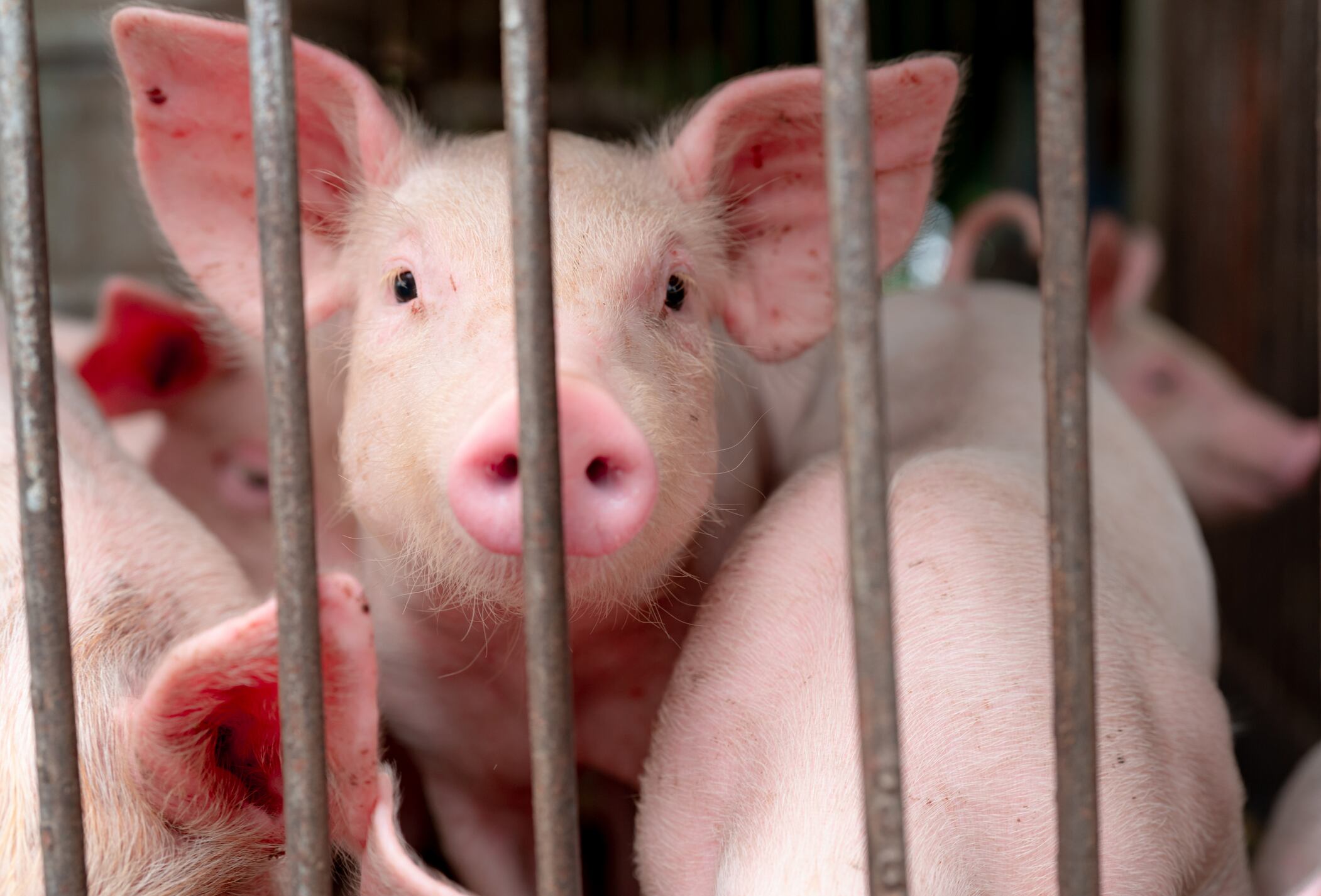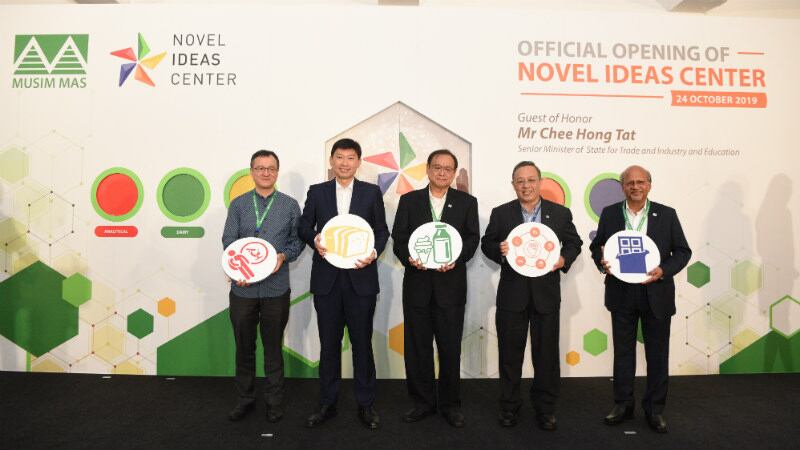Producing sustainable palm oil is the top priority for the company, and it says traceability is the bridge to understanding where and how the palm oil fruits are produced and whether it complies with its sustainability policy.
According to the company, the palm oil supply chain is challenging and complex as its production is not concentrated and homogenous. Palm oil producers can either belong to large, industrial groups, or small- to mid-size businesses relying on smallholders.
The company’s director of sustainable supply chain, Olivier Tichit told FoodNavigator-Asia, traceability is a means to an end for the company. “Our goal is to contribute to a sustainable oil palm landscape with thriving smallholders and ecosystems. Traceability allows us to focus our resources in the areas where they will yield the most results.”
While challenging, Tichit noted that: “The key now is that we see increased awareness about, and understanding of (palm oil) traceability,” he said.
“Still, there are limitations, as traceability is a snapshot in time. Landscapes are dynamic. Traceability alone will not deliver sustainability.”
Deforestation monitoring system
Palm oil production is notorious for being the largest cause of deforestation in Indonesia and other tropical countries.
Tichit said the palm oil industry has become increasingly reliant on satellite imagery for traceability and monitoring purposes.
Musim Mas together with nine other major palm oil producers and buyers are supporting and funding the development of a new radar-based forest monitoring system known as Radar Alerts for Detecting Deforestation (RADD). The system was developed by Wageningen University and Satelligence.
It allows companies, governments and the public to see deforestation happening in near-real-time and with greater accuracy.
The RADD system is currently being developed for Indonesia and Malaysia where it is able to detect tropical deforestation several weeks earlier than optical-based systems.
Mapping sustainable practices
According to the company, it is also important to engage farmers and work together to promote sustainable practices in oil palm production.
Traditionally, the company identified farmers from its own plantations and mills and farmers of third-party supplier mills. They then gather the farmers’ data from the agent who supplies fruits to them, and travel to the farmer’s plantation to verify their information. The company will plot their geographical data against a map of the landscape to identify the location of each farmer.
While this method is useful, Tichit said it has several barriers, in that it is time-consuming, labour intensive, and even more challenging for third-part supplier mills with little resources.
“When conducting traceability on the ground, we need to send teams to verify the data of smallholders given from our agents or suppliers. Regardless of traceability apps, groundwork is necessary to verify the accuracy of data as self-declared data by smallholders or suppliers may not be accurate or consistent,
“On average, there are 6000 to 8000 independent smallholders supplying to a mid-size mill. It takes approximately 9 months to fully map the supply base of one mill. By which time some of the information might have changed, as land rights are sold, or land use changed.”
In order to accelerate the process of traceability, they use the supply shed approach or risk-based approach.
The company first maps the villages against a landscape map by collecting and collating farmers’ data according to the villages. They then identify villages near or overlapping protected areas and prioritise verifying farmers within those high-risk villages.
Tichit added that sometimes data on land rights can be uncertain or inconsistent, making collection and verification of information difficult. “There are strong underlying issues of land rights, specific to each producing country. Rights might be informal, documentation might be lacking or not recognised.”
He expressed that, “The role of the government in maintaining and controlling access to cadastral information is critical to support traceability.”




